Public Administration is the management of affairs of the government at all level national, state and local. It is a branch of the wider field of administration. In broader sense, public administration is any kind of administration in the public interest which has simply come to mean governmental administration. There are many views regarding the scope and range of activities to be included in public administration. Some thinkers take a broader view and include all governmental activities having for their purpose, the fulfillment of public policy, while other take a narrow view and consider only those activities concerned with the executive branch of government as a part of public administration. Public Administration in India has a deep rooted historical prospective and a continuous tradition of development. In Ancient India, the different branches of knowledge were grouped under four heads, namely Philosophy, the Vedas, the Economics and Politics. In fact guidance in the practice of actual administration rather than the construction of a complete and consistent system of political theories was the object mainly aimed at in the study of the public administration. Of the works which treat especially of the subject of public administration the most important is the Kautilya’s Arthasastra. This book entitled ‘Public Administration in India’ is an attempt to cater all academic requirements of students candidates appearing for Civil Service Examination and especially for administrative understanding of the subject, also to enable them to cultivate a deep interest in the vast and growing literature of public administration. Apart from the subject of public administration and its setup in India it also carves the need, factual elements as well as the framework of the Development Administration, sustainable development and bureaucratic setup because the development has not only economic but also social and cultural dimension. The top bureaucracy cultivates exclusiveness, springing from the feeling that they are the ruling class. This results in dehumanized arrogance leading to insensitiveness to the suffering of the masses. Specialist’s legitimate role has been usurped by generalists. author feels to elaborate these topics on generalist versus specialists, apart from citizen’s participation and role of non-governmental organization. It is deals in simple elegant and exhaustive manner especially through a decentralized economic and political system in Indian scenario. A specific chapter of centre-state relation is included to evaluate the factual practices among the union and states, which are accountable of the level of the norms and guidelines of Indian Constitution. States are critical of the fact that the strengths of the government should be tried at the Raj Bhavan and not on the floor of the State Assembly. Governors, it is felt are hired and fired at will and have been consistently misused by the centre for partism political reasons and to whittle downs the power of the state by misusing of article 356 citing as a common weapons as per the direction of centre to subjugate opposition controlled states and cutting dissident Chief Minister to size.
Public Administration in India
$40.50
$45.00
In stock
Free & Quick Delivery Worldwide
All orders amounting to US$ 50 or more qualify for Free Delivery Worldwide. For orders less than US$ 50, we offer Standard Delivery at $14 per book.
ABOUT THE AUTHOR Kamal Shankar Srivastava
Dr. Kamal Shankar Srivastava born in Varanasi (U.P.), India, an Eminent Scholar, Young Indologist, Museologist, Journalist, Art-Historian and Academician turned Administrator Joined Bihar Administrative Service in 1984, Obtained the Post-Graduate degrees (M.A.s) in seven different disciplines: (i) Ancient Indian History, Culture and Archaeology (ii) History (iii) Museology (iv) English Literature (v) Mass Communication (vi) Public Administration and (vii) Sociology. Awarded B.H.U. Gold Medal in 1981, in 1985, Awarded Ph.D degree in AIHC and Archaeology-Museology from BHU, Varanasi. He also obtained the Bachelor of Journalism and Mass Communication (BJMC), and Post-Graduate Diplomas in four different disciplines i.e. Business Administration, Tourism Administration, Human Rights Law and Environmental Management. In 2002 awarded Doctor of Literature (D.Litt.) degree in history followed by Degree of LL.B. Author of more than 37 books concerning different field of Indian History, Art, Religion and Culture, Iconography, Museology, Tourism, Journalism, Painting, Indology and Heritage etc. Life Fellow of numismatics society of India, Museums Association of India, Bihar Puravid Parishad, Patna, Indian Social Science Academy and Executive Member of Baudh Sanskriti Kendra, Patna, Presented several papers and articles in the field of At, indology and Museology. At present, he is in Jharkhand Administrative Service.
reviews
0 in total
Review by Anonymous
Be the first to review “Public Administration in India” Cancel reply
You must be logged in to post a review.
Bibliographic information
Title
Public Administration in India
Author
Edition
1st ed.
Publisher
ISBN
8131302101
Length
x+440p.
Subjects


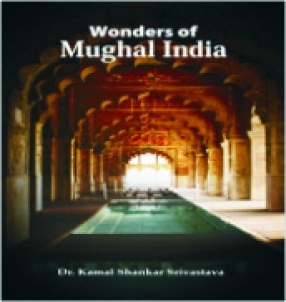
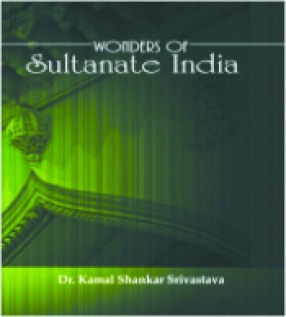
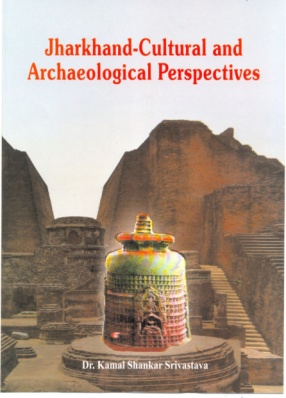
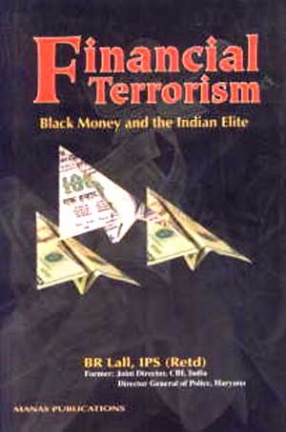

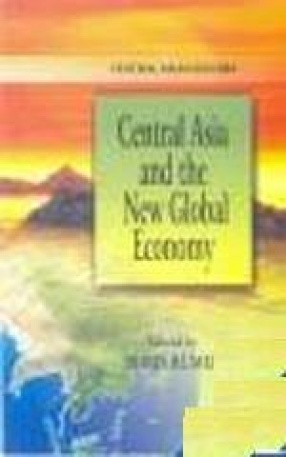
There are no reviews yet.